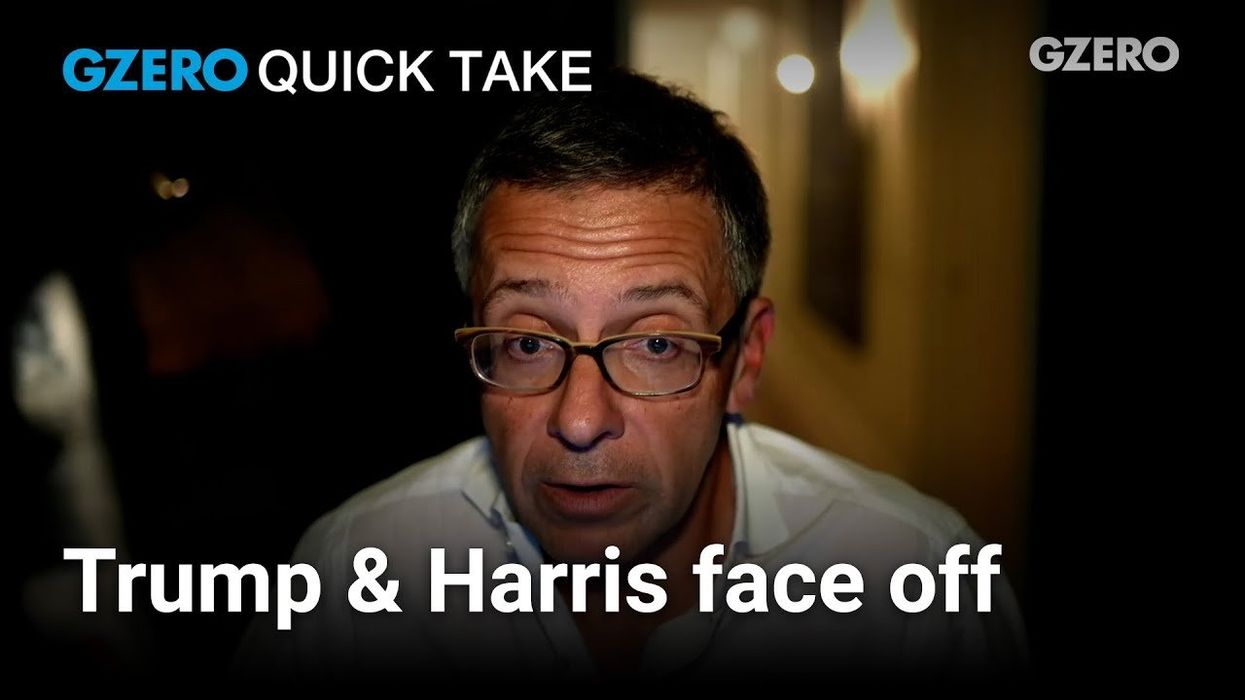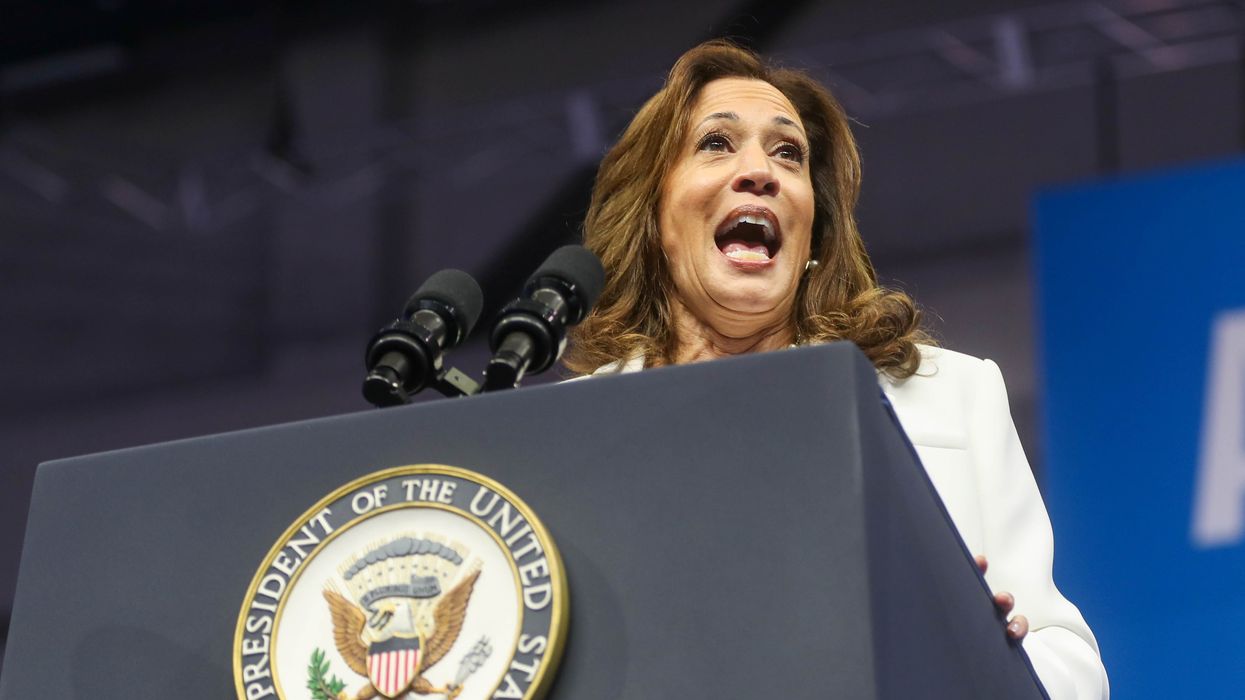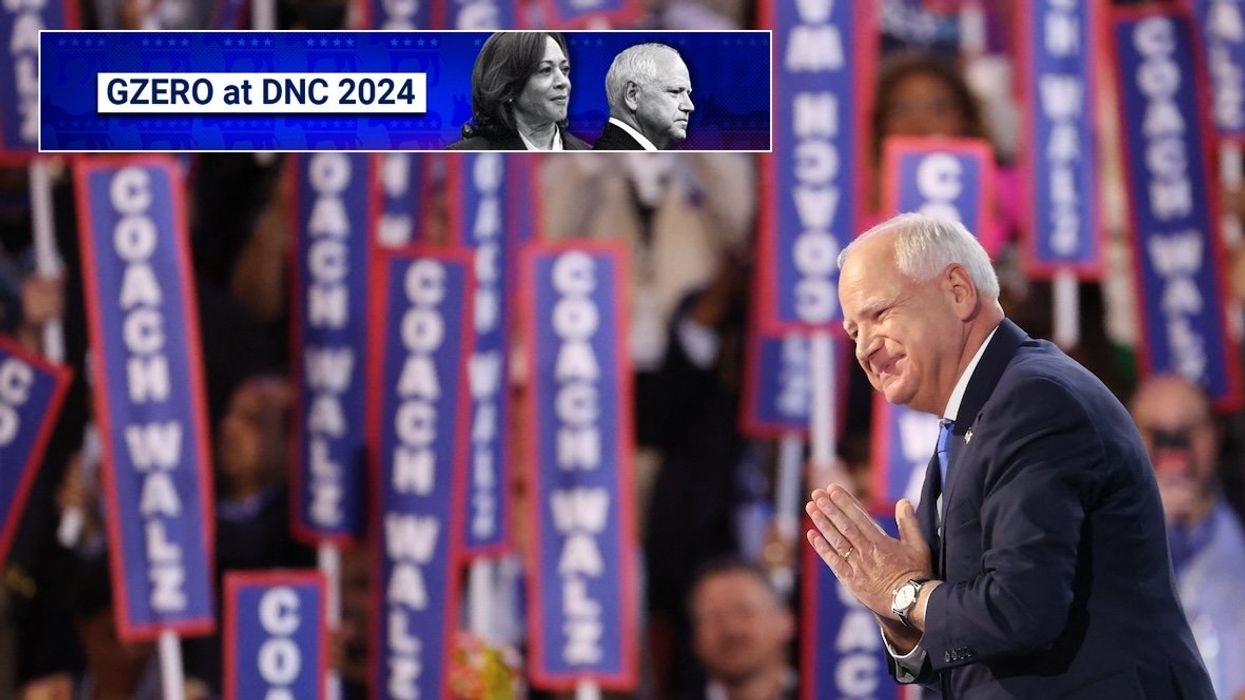Quick Take
Harris wins debate
Ian Bremmer's Quick Take: Just finished watching the presidential debate between Kamala Harris and Donald Trump, and very clearly Harris was the winner. This wasn't as dramatic as the Biden-Trump debate, but it was nonetheless pretty one-sided. Harris made very few mistakes. She was on message, she was disciplined. And it's not that Trump didn't have points to make, but he largely didn't make them.
Sep 11, 2024



